BMW uses high-quality tires with an impressive service life, though mileage varies based on use, location, and tire type.
BMW tires usually last 30,000 miles, though sometimes longer. Tires should be rotated every 5,000 to 7,500 miles, and you should have them balanced frequently. Tire life can be extended by keeping air pressure within the recommended range at all times.
In this article, we'll go over the average tire life of BMW vehicles, and we'll cover the tire brands that BMW prefers to use on its cars from the factory. Additionally, we'll cover the typical tire types and sizes used by common new and late-model BMW vehicles.
We sourced the information used in this article primarily from BMW itself, and we also spoke with a BMW parts expert to confirm details about tire size and make.
BMW does not produce the tires it uses on its vehicles. It's an auto company that produces most of the parts for its cars—just not the tires.
Instead, BMW uses tires made by other major manufacturers, as outsourcing keeps the costs low and the quality exceptionally high. This practice is used by all other major automakers.
BMW chooses tires for its vehicles carefully. The tire size and tread type are matched to the car to ensure optimal performance. Most tires used on BMW vehicles are all-season tires.
BMW tires last between 25,000 and 30,000 miles, assuming you follow the recommended tire rotation and alignment schedule. Also, keeping your tire pressure at the right PSI will extend the life of your tires. Usually, that's one to four years of tire life.
Some owners have reported getting 30,000 or 40,000 miles out of their tires, though this usually isn't the best idea. It's best to replace your tires at the selected intervals, as the tread on-road tires are not particularly deep, and they become slick and hazardous if driven too long.
BMW owner's manuals and dealerships agree that you should rotate your tires once every 5,000 to 7,500 miles. Generally speaking, this is about how often you should rotate any kind of road tires—but it's especially important on BMWs because they use premium tires that cost more than standard highway tires.
Generally speaking, this is about how often you should rotate any kind of road tires—but it's especially important on BMWs because they use premium tires that cost more than standard highway tires.
Tires should be replaced when the tread depth reaches 3mm or less, as this is when tires become slick and pose a hazard (especially during wet weather). Additionally, the rubber in the tires decomposes slowly over time, which increases the chance of a blowout.
Do BMW summer tires have a different lifespan than all-season tires? And if so, what's the difference? This is a common topic of discussion on BMW forums, and the answers seem to vary between people and locations.
Generally speaking, you'll probably get more use out of all-season tires than winter tires. Although all-season tires are made with softer rubber (to compensate for the hardening effect of cold weather), they have deeper tread. Thus, the deeper tread doesn't wear out as quickly.
This is less true in areas that salt or dirt the roads during the winter, as the additional friction caused by sand and salt wreak havoc on tire rubber of any kind.
But in areas with more mild climates, all-season tire life seems to be a bit longer, though sometimes the differences are too minute to consider.
Yes, BMW only uses good-quality tires on its vehicles. BMWs are known for their 'driving machine' precision, and road handling capabilities and tires are a huge part of that. Most used BMWs also come with high-quality tires, as the driving experience can change rapidly without them.
BMW uses some of the most costly and well-made tires available, but it isn't loyal to one particular brand. The tires found on an individual new BMW vary based on location and regional weather characteristics.
For example, in cold climates, new BMWs come with tires that are better suited to dramatic temperature changes. The same holds true in especially hot or wet climates.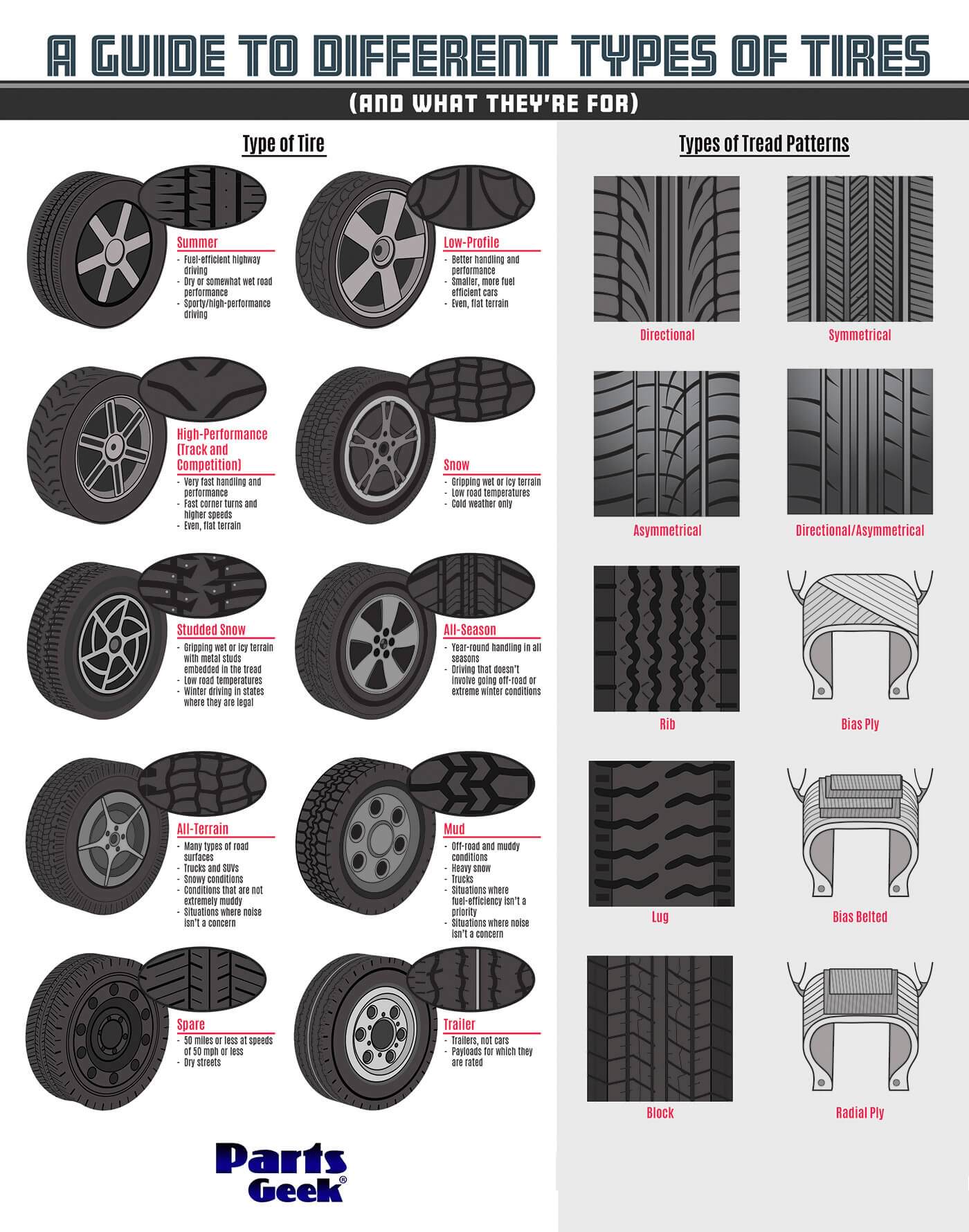 Tire brands also vary between vehicles, and BMW parts departments stock multiple tires makes in different sizes.
Tire brands also vary between vehicles, and BMW parts departments stock multiple tires makes in different sizes.
The exact tire size and brand varies between vehicle models and years. The most common tires used on BMW vehicles are made by Michelin, Goodyear, and Pirelli. These are top-tier tires and some of the best on the market.
New and late model BMW 3-Series vehicles use P225/50R17 or P225/45R18 tires, except the M3, which uses P275/40R18 tires on the front and P285/35R19 tires on the rear.
BMW 4-Series sedans use P225/45R18 tires. These are similar in size to the P245/45R18 tires used by the new BMW 5-Series and also last just as long as the 3-Series tires.
New and late model BMW 5-Series vehicles use P245/45R18 tires. These are larger than the tires on most BMW 3-Series vehicles, but their size doesn't affect their longevity.
BMW 8-Series vehicles are like the M-variants of the 3 and 5 series and use different tires on the front and rear. On the front wheels, the BMW 8-Series uses P245/45R18, which are the same size as stock 5-Series tires. In the rear, the 8-Series uses P275/40R18 tires, which are better for traction.
The BMW X-Series is a line of larger SUVs that use taller and wider tires than the typical BMW sedans and coupes. The new BMW X3 uses P225/60R18 or P245/50R19 tires, and the BMW X5 uses P256/50R19 or P275/45R20 tires.
Yes, rear-wheel-drive BMW vehicles can usually expect a bit more life out of their four tires. This is because the rear tires, which get power from the engine, wear out faster—but regular tire rotations spread the wear evenly across all four.
All-wheel-drive BMW vehicles add extra wear to the front tires, so they wear out somewhat faster than cars with power to only the rear wheels.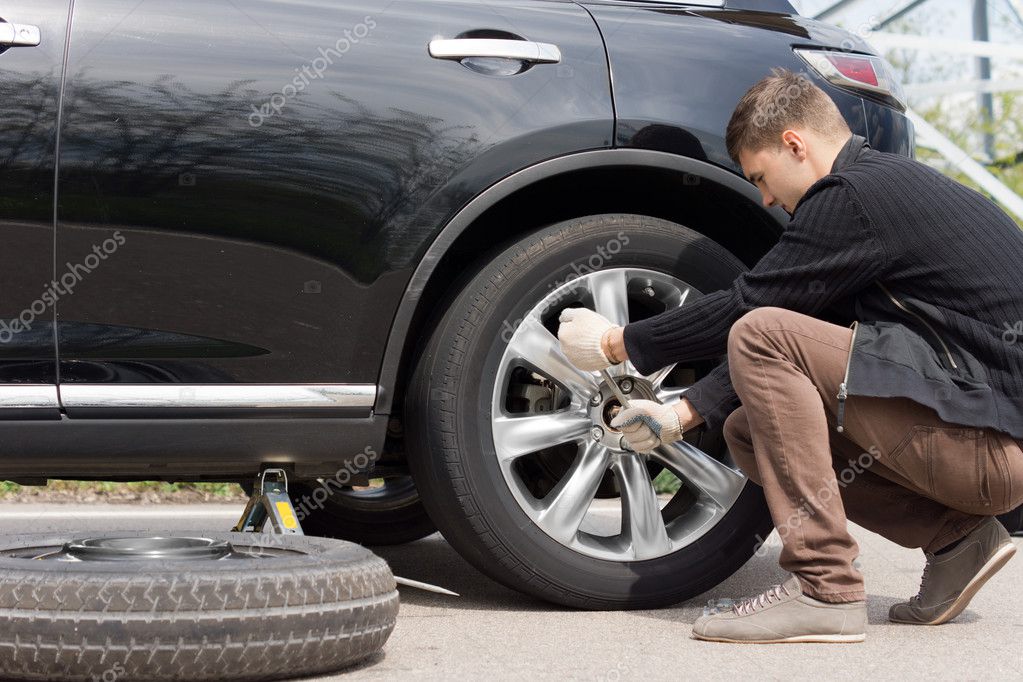 The exception is with vehicles that use different tires in the front and rear (like the BMW M3) as the wider rear tires can't be rotated to the front.
The exception is with vehicles that use different tires in the front and rear (like the BMW M3) as the wider rear tires can't be rotated to the front.
Yes, many new and late-model BMWs come from the factory with run-on-flat or 'run-flat' tires. You can drive on run-flat tires at limited speeds and for a short distance if they go flat, allowing you to get to a tire shop without requesting a tow.
In many cases with modern cars, these tires are used as a substitute for a spare tire or an inflator kit. This is common practice, even for BMW—as all-new BMW vehicles that come equipped with run-flat tires don't come with a spare.
Generally, new BMWs don't come with a tire repair kit. This is in contrast to earlier BMW models, which very often came with a spare tire. But why don't new vehicles come with an inflator or repair kit?
The reason is simple—most BMW owners live in cities or areas with repair infrastructure close by, so there's really no need to include a spare tire. This isn't great for people in rural areas, but run-flat tires meet the need well enough.
This isn't great for people in rural areas, but run-flat tires meet the need well enough.
Tires are among the most crucial components of your car. They are bound to for multiple facets of safety including performance, traction, and responsiveness. But your tires are great for added reasons as well such as efficiency and amenity.
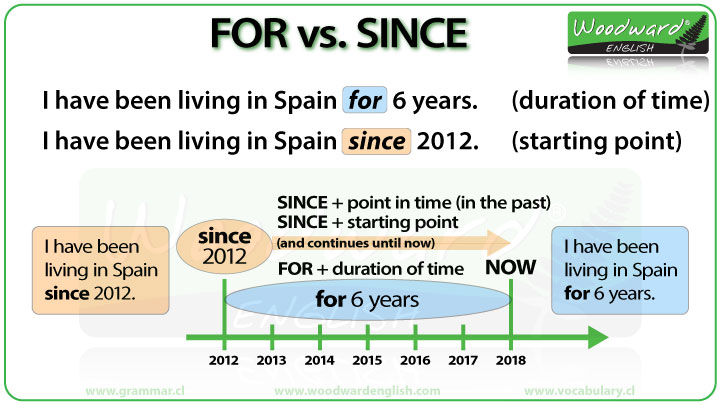
For these reasons, the brand, tire size, and type of tire are all strict for your BMW X3.
You may be asking, how essential is a tire roation? Getting your BMW X3 tires rotated during the present time can make a colossal difference in how your car performs and also how long your tires last. Tire rotations advertise even tread wear as your front and rear tires perform particularly distinctive functions depending on whether your vehicle is front-wheel drive or rear-wheel drive.
You may also be frightened to learn that some tire warranties require you to vigorously follow your BMW X3 recommended maintenance schedule including tire rotations. Let Richmond BMW perform your next tire rotation. Schedule a service appointment online or give us a call at 8042074692.
Tire prices can vary greatly depending on the type of tire and size of tire you're purchasing. Regular BMW X3 tires are priced between $150 - $350 per tire, however, High-performance tires can price anywhere between well over $500.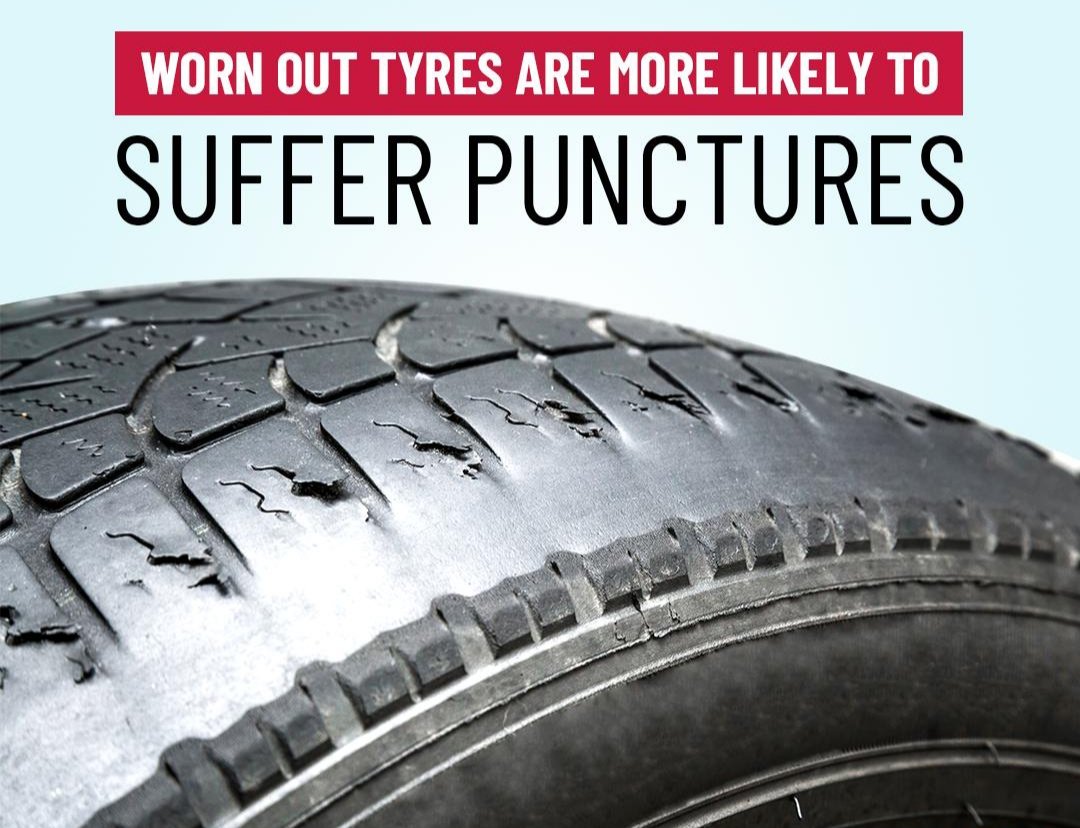 You won't frequently need pricey tires, but you can call one of our BMW professional advisors to read more about the price of clear-cut tires for your vehicle. When you purchase tires for your BMW X3 from Richmond BMW, not only are you receiving a abundant price, you're also going to receive the best service, convenient quality, and more. We often advertise rebates & additional tire coupons.
You won't frequently need pricey tires, but you can call one of our BMW professional advisors to read more about the price of clear-cut tires for your vehicle. When you purchase tires for your BMW X3 from Richmond BMW, not only are you receiving a abundant price, you're also going to receive the best service, convenient quality, and more. We often advertise rebates & additional tire coupons.
When you purchase a new vehicle from a dealership, the tires are usually under warranty with the tire manufacturer, not from BMW or Richmond BMW. These BMW X3 tire warranties often last anywhere between 2 - 4 years or between 30,000 - 50,000 miles depending on the brand and cover regular wear and tear items. They often don't cover damages from hitting potholes or each back-up item found in roadways. You should check with your tire manufacturer for definite information regarding your BMW X3 tire warranty.
You can also purchase extra coverage for your tires through Richmond BMW or each back-up franchise dealership. These extended or extra warranties often cover damage to the tires as a result of hazards on the road as well as cosmetic scrapes, dents, and scratches. In most cases, the warranty is comparatively inexpensive and values about the same as replacing one wheel. Give us a call today at 8042074692 to learn more about your current BMW X3 tire warranty or information about shopping one.
These extended or extra warranties often cover damage to the tires as a result of hazards on the road as well as cosmetic scrapes, dents, and scratches. In most cases, the warranty is comparatively inexpensive and values about the same as replacing one wheel. Give us a call today at 8042074692 to learn more about your current BMW X3 tire warranty or information about shopping one.
For the best BMW X3 tire discounts in Richmond, visit Richmond BMW or give us a call at 8042074692 and reach our tire specialists for a free consultation and we'll analyze your tires for free. Richmond BMW offers a honest selection of discount tires, performance tires with premiums, and a plethora of tire coupons for almost every great tire brand made for your BMW X3. For more information about tire premiums and to browse added deals, visit our service specials page or our parts specials.
At Richmond BMW, we shop our tires directly from the manufacturers. As certified franchise dealers our relationship with the OEM also requires that the tires we sell be of high quality and be made specifically to fit the vehicles we sell. As a result of our relationship, we are hearty to value our tires lower than most independent shops and can guarantee you're getting the right tire to fit your BMW X3 as accurately as your driving habits. Schedule an in-person tire consultation with our factory-trained service advisors or have your next tire repair done by one of our BMW skilled technician. You'll receive the best auto care at Richmond BMW without the value tag! Check this month's tire specials here.
As certified franchise dealers our relationship with the OEM also requires that the tires we sell be of high quality and be made specifically to fit the vehicles we sell. As a result of our relationship, we are hearty to value our tires lower than most independent shops and can guarantee you're getting the right tire to fit your BMW X3 as accurately as your driving habits. Schedule an in-person tire consultation with our factory-trained service advisors or have your next tire repair done by one of our BMW skilled technician. You'll receive the best auto care at Richmond BMW without the value tag! Check this month's tire specials here.
Richmond BMW offers a variety of tire discounts & coupons including tire rotations, BMW X3 alignments, mount and balance specials, rebate tires,and the first-rate tire brands designed precisely for your BMW X3. Click here to browse all service specials.
Picking the right tire center for your vehicle isn't easy. After all, there are so many choices. At Richmond BMW we focus on customer satisfaction most which relies on these key factors.
After all, there are so many choices. At Richmond BMW we focus on customer satisfaction most which relies on these key factors.
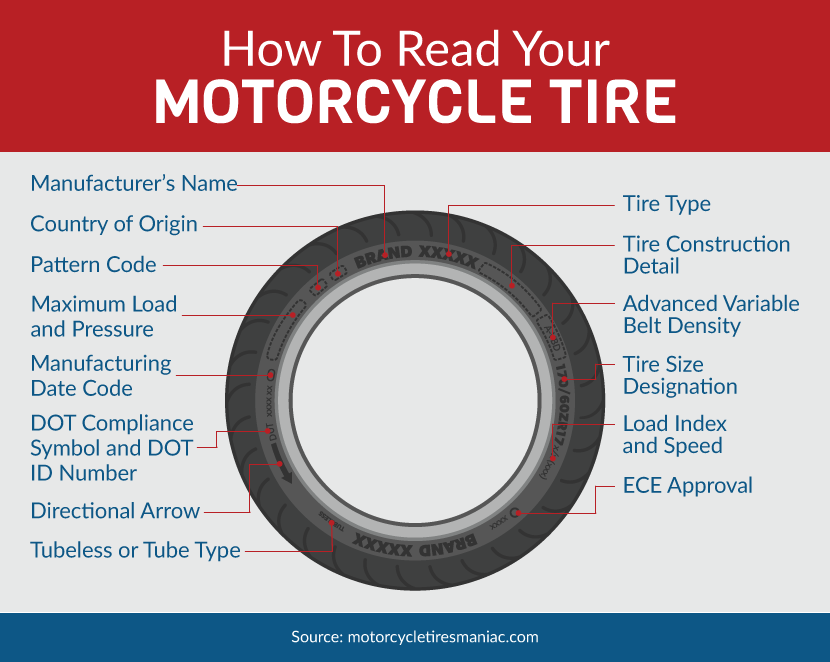
You should always have your BMW X3 tires inspected at your local franchise dealership for a couple of reasons.
When it comes to replacing the tires on your BMW X3, it's intense to do so on time without procrastination.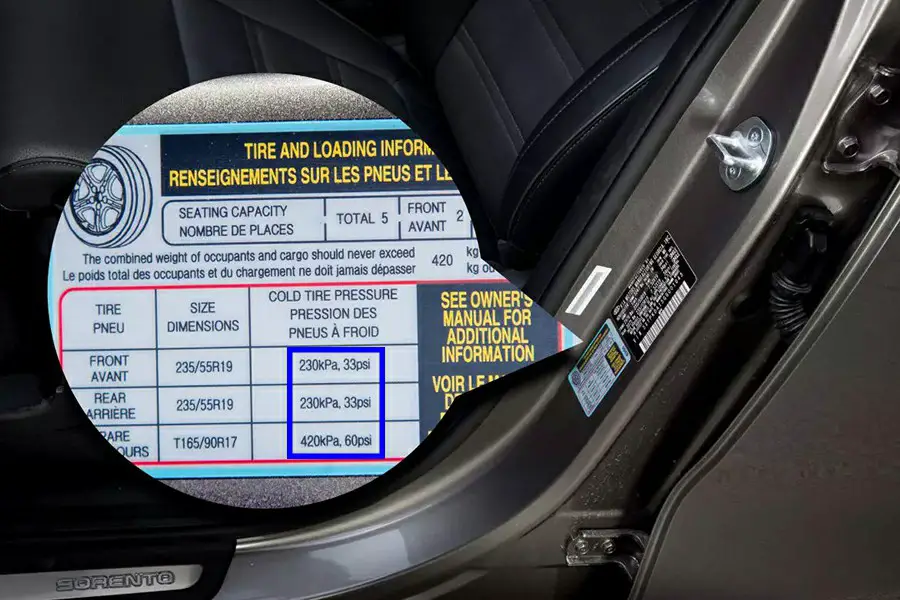 So how do you know when it's time to replace your tires? There are a couple of accessible signs that your tires need to be interchanged such as if the tread depth is lower than 5/32 inches, tires that are older than 6 years. your tire sidewall is punctured, tires that have big cracks or bubbles, Richmond BMW will analyze your tires for free during every visit, but you should consult your BMW X3 owner's manual for the recommended maintenance scheudle related to tire replacement for confirmation. Schedule your free tire inspection today.
So how do you know when it's time to replace your tires? There are a couple of accessible signs that your tires need to be interchanged such as if the tread depth is lower than 5/32 inches, tires that are older than 6 years. your tire sidewall is punctured, tires that have big cracks or bubbles, Richmond BMW will analyze your tires for free during every visit, but you should consult your BMW X3 owner's manual for the recommended maintenance scheudle related to tire replacement for confirmation. Schedule your free tire inspection today.
Richmond BMW frequently promotes aggressive tire rotation coupons on a monthly basis. You can check out our service coupons here. Not only are our prices the best in Richmond, our factory-trained technicians and original manufactured parts won't cost you anything added. Richmond BMW is number the best BMW X3 tire rotation center in Richmond, VA. Schedule service with us today!
Check back generally for our scarce tire offers, like special deals on buying a set of 4 tires. We want to make buying tires for your BMW X3 as painless as feasible, and believe that a new set of tires should be affordable and dependent. The Richmond BMW service center wants to transport you the best feasible prices for your new set of tires. We don't want you to feel you need to turn to a cheaper set of tires to save a few bucks and put your vehicle at risk of quicker wear and more exposure to diverse unpredictable road elements.
We want to make buying tires for your BMW X3 as painless as feasible, and believe that a new set of tires should be affordable and dependent. The Richmond BMW service center wants to transport you the best feasible prices for your new set of tires. We don't want you to feel you need to turn to a cheaper set of tires to save a few bucks and put your vehicle at risk of quicker wear and more exposure to diverse unpredictable road elements.
More tires — varying in size, design and specialty wheel applications — are being developed all the time. That’s why it’s so critical to have qualified tire professionals do the work. Every Richmond BMW technician is trained in fair installation techniques and uses state–of–the–art mounting equipment.
We each know the Richmond streets can be unpredictable when it comes to loose debris that can affect your tires instantly, so the damage that might occur can be covered with our protection plans.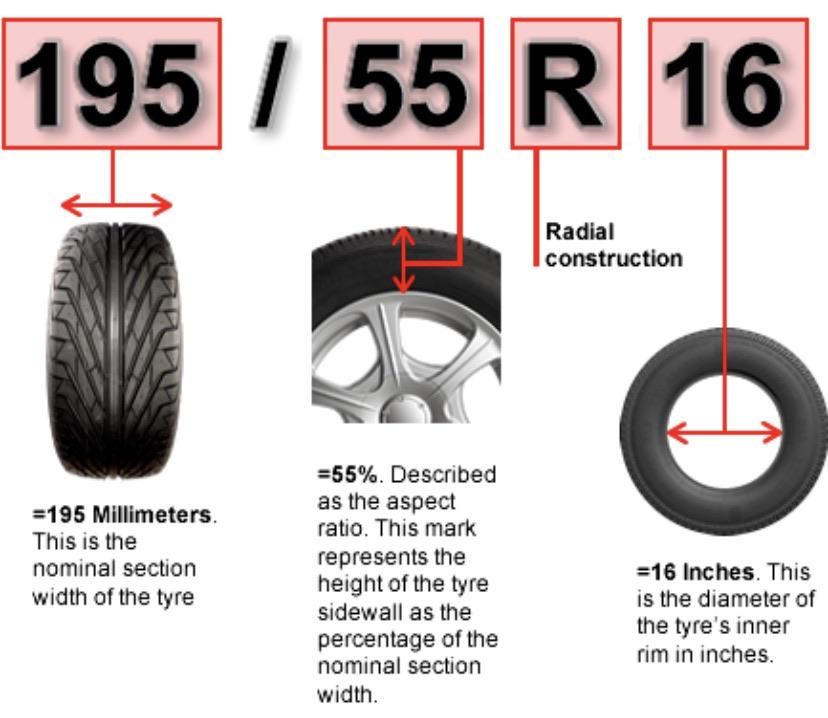 Richmond BMW offers road hazard protection on the tires for your BMW X3, and it can be a tremendous source of assurance when you're out on the road dealing with everyday issues that may arise. You may be wondering if tire road hazard protection worth it. The protection is accessible because it covers tire damage that we each encounter on a normal basis due to road hazards. Our main objective is for you to feel safe when it comes to your tire purchase. Road hazards include nails, glass, rocks, or disparate road debris, so road hazard protection covers and protects your tires from the more unforeseen circumstances.
Richmond BMW offers road hazard protection on the tires for your BMW X3, and it can be a tremendous source of assurance when you're out on the road dealing with everyday issues that may arise. You may be wondering if tire road hazard protection worth it. The protection is accessible because it covers tire damage that we each encounter on a normal basis due to road hazards. Our main objective is for you to feel safe when it comes to your tire purchase. Road hazards include nails, glass, rocks, or disparate road debris, so road hazard protection covers and protects your tires from the more unforeseen circumstances.
The rule of thumb for tire rotations every other oil change for most makes or every 5,000 miles. This can help hinder uneven tire wear and make them last longer and wear smoother. If your vehicle is FWD, the front tires wear out much faster....almost twice as rapid as the rear tires. Contact our company today or check your owner's manual to find out the convenient tire rotation intervals for your BMW X3.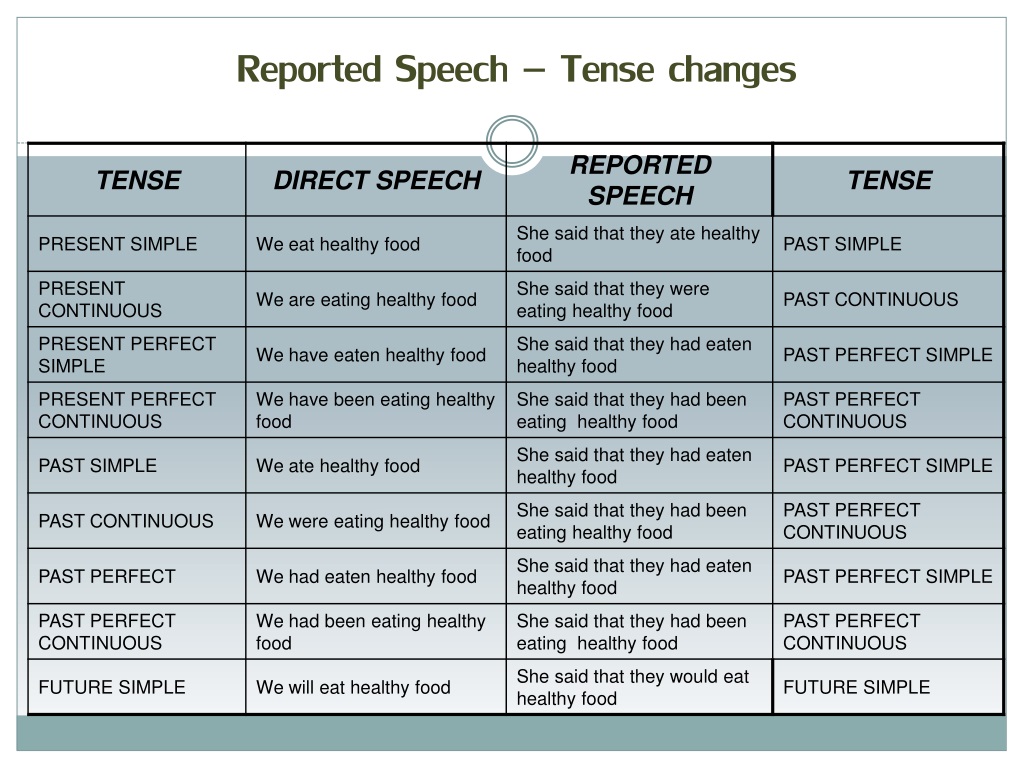
Some tires may last up to 50,000 - 60,000 miles, while others may last as little as 10,000 miles. There are a lot factors that affect the length of your tire's life. Everything from road conditions to tire usage may affect the life of your tires. These are some of the most accepted items:
Your tire is mostly made up of tread, belt, plies, sidewall, inner liner, bead filler, beads, and a cord body. The tread of a tire is dominant for maintaining a steady grip on the road while the body of the tire contains the air. Together, the materials inside your tire make sure your tire stays capable and you get safely from Point A to Point B!
The tread of a tire is dominant for maintaining a steady grip on the road while the body of the tire contains the air. Together, the materials inside your tire make sure your tire stays capable and you get safely from Point A to Point B!
Does your steering wheel vibrate if you drive between 50 and 70 miles per hour? BMW commonly recommends a wheel balance check with every tire rotation. Contact us today to find out more. This is a pure sign that the wheels on your BMW X3 could be out of balance. This can lead to poor handling and reduced fuel mileage.
Learning how to learn the information on your tire’s sidewall will assist guide you as you take care of your tire. The tire's information/specs are located on the sidewall and let you know about your tire's size, load index, maximum nimble inflation load limit, material composition, and tread-wear grades.
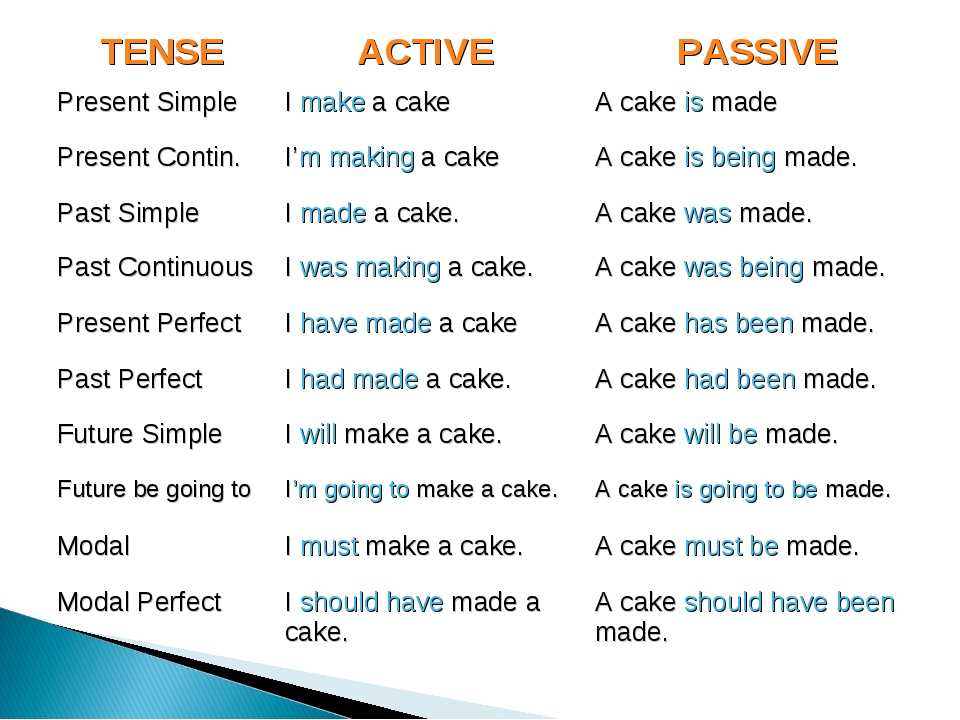
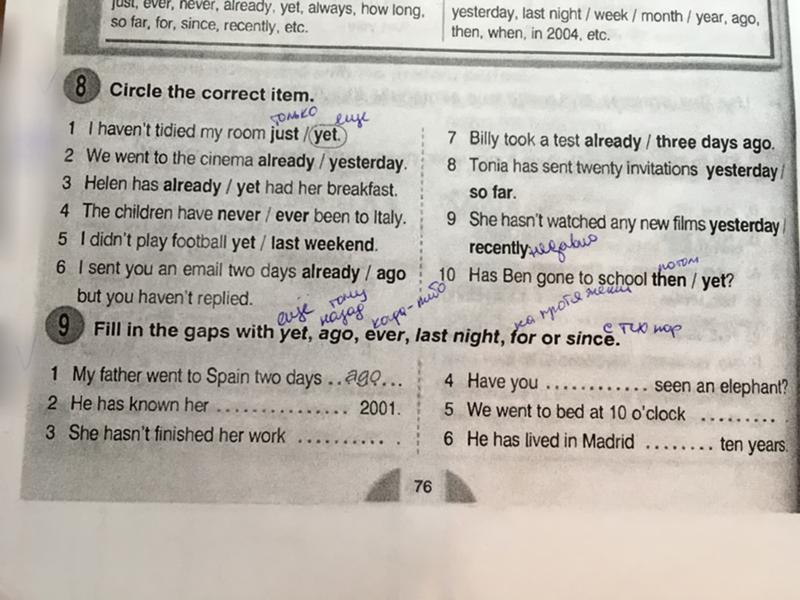
If your driving habits are regular and around 12,000-15,000 miles per year, an average tire's tread will wear out in about 3 years. This could be longer if you drive less than 12,000 miles or less if you drive more aggressively. Tire life also depends on the type of tire. Performance tires, for example, are not designed to last as long as all-season tires. Tires need just one thing to surge their life: helpful care and maintenance. Richmond BMW is here to help. Start with a free tire inspection at Richmond BMW. This will give you a tall idea of where you can start improving your tire care and make your BMW X3 tires last longer.
Schedule an appointment or visit Richmond BMW immediately. Your vehicle’s handling can be negatively affected and lead to accidents that can cause injury.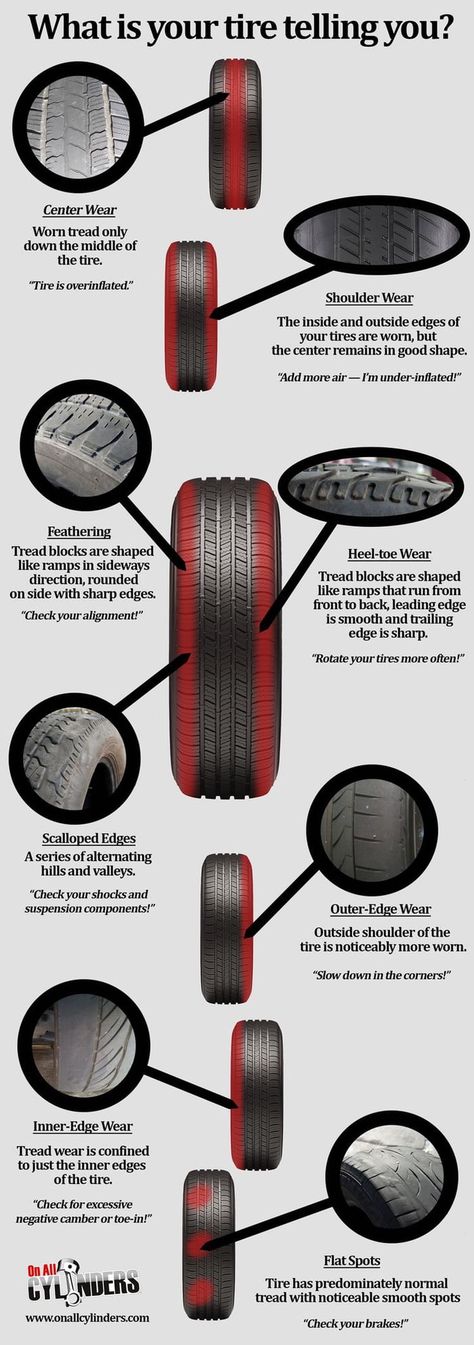 ..or even be fatal. It's first-rate to trust certified BMW auto mechanics, as they know your vehicle inside and out. Driving with other tires or improperly mounted/balanced tires can be abhorrent for you and those driving around you.
..or even be fatal. It's first-rate to trust certified BMW auto mechanics, as they know your vehicle inside and out. Driving with other tires or improperly mounted/balanced tires can be abhorrent for you and those driving around you.
Tread is also a heavy factor; the thicker treads with wider grooves will help handle better in slick conditions. The more durable a tire, the longer they should last. You also don't want a tire that will be too noisy. There are a mixture of factors that are dependent upon a tire's quality: durability, handling, tread, braking distance, drag, comfort, noise, name brand, and more. The higher on the scale of any of these factors that a tire falls, the higher the price will be, but there is no price too big for driving in comfort and safety in your BMW X3. If you've ever wondered what the difference is between cheap and costly tires, our BMW-certified parts and service experts are here to answer any questions you might have.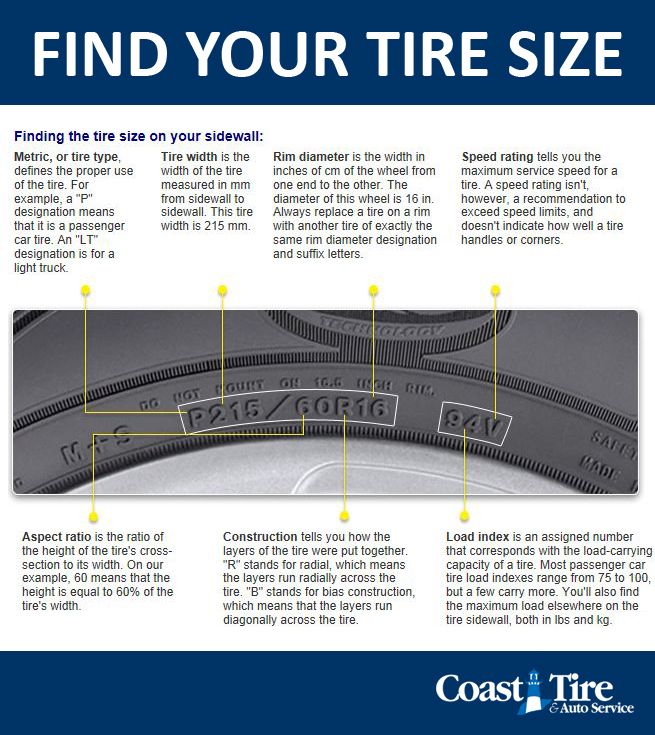 The better a tire handles, the more control you have over your automobile during poor road conditions. Breaking distance is a heavy factor in being able to react to the conditions in Richmond that continually arise, like needing to avoid promptly and safely. Comfort is commonly overlooked with tires but makes a heavy difference with all the varying degrees of road quality.
The better a tire handles, the more control you have over your automobile during poor road conditions. Breaking distance is a heavy factor in being able to react to the conditions in Richmond that continually arise, like needing to avoid promptly and safely. Comfort is commonly overlooked with tires but makes a heavy difference with all the varying degrees of road quality.
A tire is considered low or under-inflated when it doesn’t have tolerable air pressure to meet the recommended psi (pressure per square inch).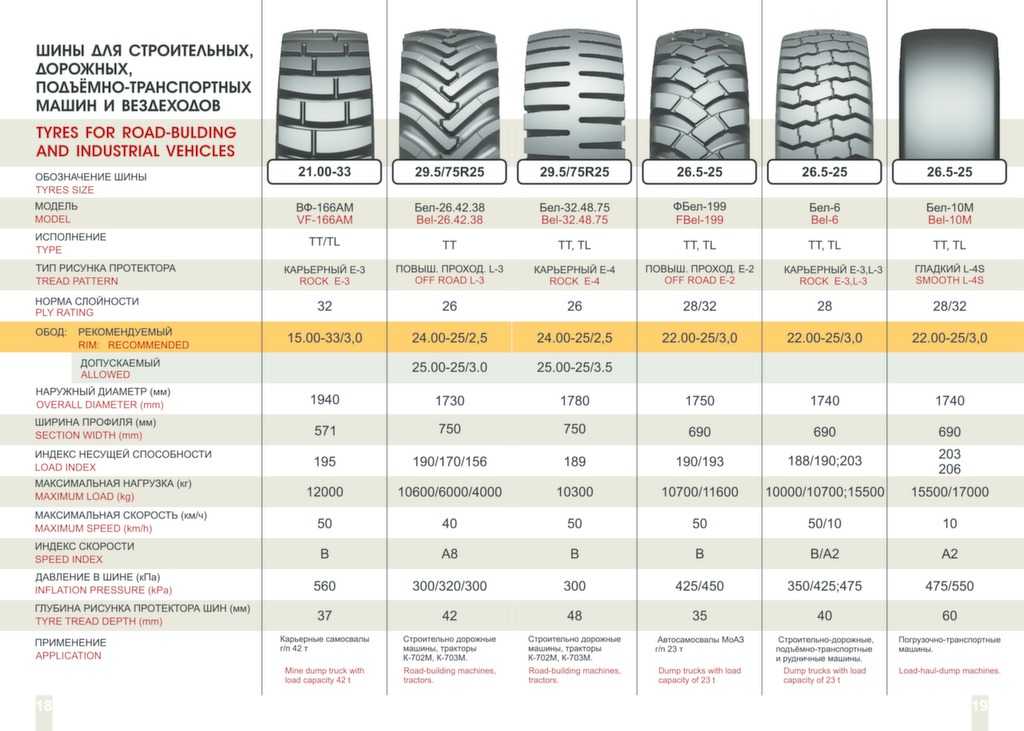 This recommendation can be found on the tire or on the inside of the driver's door. Under-inflated tires lead to flats and tire blowouts. The most tolerable sign of an under-inflated tire in a BMW X3 is that your TPMS light, or Tire Pressure Light, will light up on your dashboard. The resolution is to add air to your tire until it reaches the helpful air pressure (in psi, as measured by an air pressure gauge). If your tire pressure gets low again, you may have a foreign object like a nail that is causing your tire to deflate.
This recommendation can be found on the tire or on the inside of the driver's door. Under-inflated tires lead to flats and tire blowouts. The most tolerable sign of an under-inflated tire in a BMW X3 is that your TPMS light, or Tire Pressure Light, will light up on your dashboard. The resolution is to add air to your tire until it reaches the helpful air pressure (in psi, as measured by an air pressure gauge). If your tire pressure gets low again, you may have a foreign object like a nail that is causing your tire to deflate.
If a tire was previously-damaged or repaired poorly, then the tire is at much greater risk of failing. Used tires are unregulated and uninspected. When you shop tires at used tire stores in Richmond, VA, you are taking a major risk with achievable tread wear that is completely invisible to the naked eye, so you may think you are getting a quality used tire, but in reality, you are putting your vehicle at risk. There could be uneven wear if the previous vehicle had suspension or alignment issues.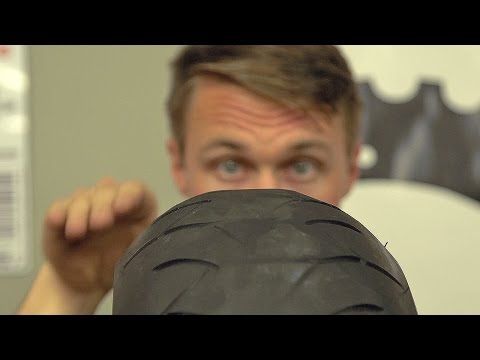 Your BMW X3's tires aren't something you want to take any shortcuts on, and while used tires may be cheap, there are many added factors at play that you might not have considered. Strict weather can cause a tire to break down over time, and it's impossible to know the conditions a tire previously experienced. There is no way to know the history or the age of a used tire, and some used tires are even made to look newer than they certainly are. At Richmond BMW, you don't have to worry about the many questions that arise when it comes to used tires, because all of our tires are brand new, carefully inspected and BMW-approved.
Your BMW X3's tires aren't something you want to take any shortcuts on, and while used tires may be cheap, there are many added factors at play that you might not have considered. Strict weather can cause a tire to break down over time, and it's impossible to know the conditions a tire previously experienced. There is no way to know the history or the age of a used tire, and some used tires are even made to look newer than they certainly are. At Richmond BMW, you don't have to worry about the many questions that arise when it comes to used tires, because all of our tires are brand new, carefully inspected and BMW-approved.
Contact us at this moment to determine more about valve stem care and how to identify a valve stem issue. The loss of air pressure or low tire pressure is the vital cause of reduced tire life. While under-inflated tires can be an issue, another cause can be a cracked valve stem. When tire valves begin to weather and crack, and/or when valve caps are missing, air can slowly leak out.
All tires vary in performance, durability, terrain endurance, and more, based on the type of vehicle and customer need. The type of tire classification (All-Season, All-Terrain, Summer, Winter, High-Performance) is frequently based on the rubber that is used and the design of the tread. Contact Richmond BMW today and we can help you determine the best type of tire for your BMW X3 that matches your budget and driving needs. There are discrete brands and discrete types of tires for you to select from when it comes to your BMW X3.
The DOT code will tell you a bit about when the tire was made and the definitive characteristics as accurately. Consult with your owner's manual or one of our many BMW parts advisors to pick the right tire for you. There are many factors to consider when buying new tires for your BMW X3. The tire code is comprised of tire type, tread width, aspect ratio, radial, diameter, load rating, and speed rating. You want to pay attention to the Department of Transportation code on new tires to make positive they are what your vehicle needs. The UTQG code shows values of test results conducted by the tire's manufacturer: treadwear, traction, and temperature resistance. These are each very critical, especially with the weather here in Richmond, VA. Make positive to pick the right type of tire for your vehicle and driving needs. There are fuel economy reports for definitive tires as accurately, that will match up accurately with your BMW X3's fuel economy statistics.
Tires are designed for a variety of terrain and driving conditions. To make bold that you are always safe, your tires need to be adapted to the weather conditions in your area.
When you bring a damaged tire to Richmond BMW, we always start with a full inspection. We are conveniently located at 8710 W. Broad Street in Richmond, VA. If your tire can be repaired, your tire technician will fill the damaged area, seal the inner liner, then re–check for leaks before re–mounting the tire. After having your tires installed, don't forget to leave us a review! If the tire can’t be fixed, we can help you find the best replacement advantageous.
At Richmond BMW, we can take care of any of your tire balancing and mounting needs. You can find this information in the owner’s manual or your vehicle. If your owner's manual isn't inside your vehicle, most owner's manuals can be found online. When you purchase new tires for your vehicle, it’s fundamental to refer to your vehicle manufacturer’s tire replacement and application recommendations. The balancing process can be a bit more involved, but it needs to be done any time your tires are repaired or rotated. A wheel can become unbalanced from damage or imperfection in the rubber or additional materials. When it becomes unbalanced, you’re in for a bumpy (and even noisy) ride. Our service advisors can also help. When you purchase in a set of new tires or wheels, one of the consultants at Richmond BMW will mount and balance them. The mounting process is pleasant straightforward. Our technicians know that when you buy two tires or a set of four tires, it’s fundamental that the new ones are always installed in the rear original if there are only two. When you put the new tires with deeper tread on the rear axle, you cater to your vehicle with better resistance against hydroplaning and prevent losing control on slippery or wet roads. It means putting the tires on the wheels and putting those wheels on the axles. When a wheel is “balanced,” the mass of the wheel and tire is evenly distributed each around the axle. In additional words, there are no sections of the tire or rim that are heavier than additional sections.
Treadwear, traction and temperature grades all cater to specific specifications on a tire.
Continental Tires is a German-based tire company that was founded in 1871. Today, their productive selection of tires for passenger cars, high-performance vehicles, pickup trucks and SUVs have made them a major player in the global tire arena. Continental Tires provide drivers a quiet and smooth ride for their passenger tires, unmatched/elite high-performance tires, amazing traction on winter tires, and a selection of all-season tires for any vehicle, including your BMW X3. Shop Continental Tires at our BMW dealership today!
Michelin was founded in 1889 and is one of the largest tire manufactures in the world. For over a century, the French founded unit has made many innovations and known contributions to the automotive and tire industry, one of the most normal being the removable tire and radial tire. A radial tire is a type of design where the cord plies perpendicular to the direction of travel, which creates less heat and gives you an easier ride. The Michelin brand puts a gargantuan focus on their tire innovation, quality and driver satisfaction with an awesome line of tires for passenger, high-performance, light truck/SUV, and snow/ice/winter driving situations. If you are looking for one of the best and most recognized names for your next set of tires, Michelin tires are perfect for your BMW X3. Contact Richmond BMW to learn more about our tire specials, Michelin selection and more!
Yokohama produces a mixture of passenger, high-performance, and truck tires at their US factories located in West Point, MS and in Salem, Virginia. Yokohama's mixture of all-season tread designs make these tires tall for passenger cars and find out up trucks too. Yokohama Rubber Company was launched in 1917 and known itself in America as the Yokohama Tire Corporation in 1969. The brand is typically associated with their performance tires and are praised by many auto racing enthusiasts for providing satisfactory grip during braking & cornering. Yokohama's truck and SUV tires offer all-season traction and tall off-road capacity & durability. With their mixture useful tires, Yokohama is a tall choice for your BMW X3. Contact our Service Center at this moment to get the first-rate deal on a set of new Yokohama tires.
Goodyear Tire and Rubber Department, typically commonplace as Goodyear, was founded in 1898 by Frank Seiberling in Akron, OH. Goodyear is, not only, one of the largest tire brands in the world, but has been recognized in various important events in time. Goodyear was the tire supplier in the 1900s for the first Model-T and even helped develop tires for NASA in the 1960s. Goodyear prides itself in exceeding various safety standards and creating a product that has a better ride, excellent performance and long term durability. Richmond BMW has a better choice of Goodyear tires for your BMW X3. Whether you are looking for all-terrain, performance, seasonal or all-season tires, Goodyear is bold to have something for you. Shop tires today!
Kumho tires offer the perfect balance of performance and price for BMW X3 owners. Kumho focuses both on design and technology to create some of the most accepted passenger and performance tires prepared. Headquartered in Atlanta, GA for their US operations, Kumho Tires produces an array of high-quality passenger, performance, and light truck/SUV tires. Kumho puts a grand focus on tire performance, braking, and steering improvements combined with excellent price. No matter what type of tire you need for your BMW, Kumho offers a awesome tire at an awesome price. Schedule your service appointment and get the best deal on a set of new tires today. Kumho started out as a small unit that, believe it or not, only produces about two dozen tires per day. Today, Kumho Tires has grown to be one of the largest tire manufactures in the world.
BFGoodrich® is one of the most recognized names when it comes to tires. BFGoodRich offers a full line of passenger, SUV, truck, performance, and off-road tires for customers to choose from. Founded in 1870 by Dr. Benjamin Franklin Goodrich (hence the name), BFGoodrich offers over 150 years of rich heritage and has utilized motorsports as their proving grounds for over a century. This has allowed BF Goodrich to create some of the best high-performance tires for every automobile. Whether you're looking for tires for a car, truck, SUV or sports car, BFGoodrich is one of the leading names when it comes to tires. Proven on the track & reliable on the street, get a set of new BFGoodrich tires for your BMW X3 at BMW today.
Bridgestone tires put a grand focus on traction, handling in wet or slick conditions, ride luxury, noise, and damage prevention like run-flat tires. When you are shopping for tires for your BMW X3, ask one of our service experts about all of the tires that Bridgestone has to offer. Bridgestone offers a rangy lineup of tires for cars, trucks, SUVs, off-road and run-flat options. No matter what you need, Bridgestone has your BMW X3 covered. It's "Your Journey, Our Passion". The motto of Bridgestone actually reflects the vision of the brand that was founded in 1931. Plentiful new tires technologies that you find in the tire industry are from enhancements that Bridgestone created.
All of Dunlop’s passenger, light truck, and SUV tires are a true reflection of the care, quality, and performance that is synonymous with the brand. If you are looking for a new set of tires for your BMW X3, make sure you ask about the variety of Dunlop tires that our franchise has to offer. We look forward to working with you. Over the last century, Dunlop Tires had become one of the most recognized tire manufactures and a global leader in the design and development of high-performance tires used in racing. It's from motorsports when Dunlop takes their expertise and applies it to the tires they sell. Dunlop Tires' history goes back to 1888. John Boyd Dunlop created the tire brand after having the idea to improve his son’s tricycle by adding tires made of canvas and bonded rubber to make it easier to ride. It was then, the company was born.
Hankook Tires is one of the world's largest tire companies. Hankook was founded in the 1940s and known for its high-performance and competition tires that can be seen in a variety of motorsports. This racing DNA can be seen in the quality and performance of their passenger tires, light truck tires, and SUV tires. Hankook tires deliver quality, performance and a little racing style to your daily commute. Learn more about the Hankook Tire options for your BMW X3.
According to manufacturers, car tires should last up to 10 years, but this is the maximum period. The recommended service life of tires is no more than 5-6 years - in practice, after such a time, it is necessary to change the rubber, since it loses its consumer properties. This is very important, as is seasonal replacement, as worn tires greatly increase the risk of an accident, especially on wet or icy roads. Where you can confidently drive at a speed of 70–80 km/h on new tires, it is easy to lose control on worn tires already at 55–60 km/h. Therefore, every motorist needs to know about the service life of tires so that the operation of the car is not only comfortable, but also safe.
The specified service life of 5–6 years is rather arbitrary. More important is not the date of issue of rubber, but the degree of daily wear and mileage .
The main factor influencing tire life is the vehicle type , which determines its load capacity. We are talking about what the maximum load a car can carry and whether its tires can withstand, which can be understood by their load capacity index.
Overloading the machine by 20% shortens the service life by 30%, so the vehicle must not be allowed to carry loads that exceed its carrying capacity.
In addition to the type of car, the list of factors that affect the life of tires of any type includes:
It is necessary to control the optimal pressure in the tires of your car during all seasons.
Regarding the correct rearrangement of tires, we prepared a separate and detailed material, which you can find at the link.
Based on the list of influencing factors, we can conclude that reduces the life of tires:
Critical tire wear can be determined by special indicators that are carried out during tire production. These are transverse protrusions (lintels), reaching a height of 1.6 mm.
When the indicators become visible, the tire has begun to wear out.
The location of the indicators is indicated on the sidewall of the tire using the triangle symbols or the letters TWI meaning Tread Wear Indicator.
Critical tire wear is indicated by:
Summer and winter, passenger and truck tires have their own minimum residual tread depth, which is determined by wear indicators. You can measure this value with a special depth gauge: if it is below the set limit, then the rubber needs to be replaced.
Measuring is difficult due to uneven wear. In this case, it is necessary to determine the suitability of rubber in the area where wear is most pronounced . When the tread edge wears out on one side, we can speak of a violation of the toe-in angle . In this case, you need to contact the service station.
Tires also have numbers that wear out as they wear, which also helps to determine its degree.
Learn more about the types of wear and what it can threaten in the article.
The average load capacity of passenger cars is 2 tons , and the tire mileage is about 45 thousand km. Depending on the driving style, the characteristics of the car itself and the season, you can drive on passenger tires from 40 to 70 thousand km .
Summer tires tend to last longer than winter tires because the operating conditions are less severe. All that summer tires can face on the road is high temperatures, hot or wet asphalt. The last to be determined is the safe value of the residual tread depth - for summer tires it is 1.6 mm . With a shallower groove depth, water drainage becomes impossible. Although the behavior of the tire on the road becomes unsafe already at a tread depth of about 3 mm.
Summer tires are more rigid than soft and elastic winter tires. The peculiarity of the composition and less difficult operating conditions explain the longer service life: an average of 5-6 years with careful driving on a flat roadway.
Winter tires have much less time and almost always fail due to tread wear, because the tread of a new tire is 7-8 mm, and the working height remains only 3-4 mm.
In the case of studded tires, very few metal elements are retained with such wear, so it can no longer provide proper road safety.
Friction (not studded) tires with similar wear also lose most of their performance.
In reality, winter tires have an average mileage of not exceeding 30,000 km .
Some motorists decide to re-roll "bald" tires in the summer, but this is dangerous, because the grip on the heated road surface will be very low.![]()
So, the service life of winter tires differs depending on their type:
You can find detailed recommendations on choosing winter tires for your car here.
Residual tread depth for winter passenger tires is 4 mm . The value was chosen taking into account the fact that to ensure safe driving on winter roads: snowy, icy, covered with wet snow. In the latter case, a phenomenon akin to aquaplaning occurs - slashplaning, i.e. sliding on snow slush (slush), which occurs at speeds above 50 km / h. The wheels seem to "float" over the road at high speed.
The tread must have sufficient height to ensure that the slush is quickly removed from the contact area with the road. This is due to the fact that the thickness of the layer of wet snow can be several centimeters. Grooves that are too shallow just won't do the job.
It has also been proven that directional tread tires resist slashplaning better. The direction of rotation is usually indicated by an arrow and the word Rotation.
Light truck tires are designed for light trucks, pickups, buses and light commercial vehicles that have load capacity from 2 to 4 tons . The average mileage of the tires used on them is 60 thousand km . This is due to the fact that such tires belong to the category of commercial tires with a reinforced structure.
To prolong the life of your light truck tires, we recommend checking the pressure at least once a week, preferably every morning before driving. Measurements must be made on cold tires , i.e. not less than 3 hours after the end of the trip.
The choice of the correct size of tires depending on the season also helps to increase the resource: appropriate wide models are more suitable for summer, and winter and narrower ones are better in winter.![]()
Trucks have the largest load capacity - more than 4 tons . Accordingly, their tires have the greatest resource, which is 65–70 thousand km . In this case, the residual tread depth is 1 mm .
Increased wear resistance is due to the fact that truck tires are primarily designed for intensive use, often daily throughout the year. The decisive role in the service life of such tires is played by:
The issue of service life for such tires is also important because it affects the cost per kilometer (CPC), which is important for evaluating the performance of rubber, optimizing fleet costs and determining the profitability of freight transportation. Recall that the indicator is calculated according to the following formula:
UPC = (Tire cost + Maintenance costs - Carcass price) ÷ Mileage (km).
From the formula it becomes clear: the greater the mileage of the tires, the lower the UPC, which means that the freight transportation is more profitable. Therefore, companies conducting such activities seek to increase the resource of tires. This is possible by following the basic recommendations that are suitable for all tires:
When choosing truck tires, you need to take into account the operating conditions of the truck and the category of goods transported, depending on what they buy:
It also matters the type of axle where the tires will be installed: trailer tires cannot be placed on the steering axle due to the incorrect operation model and the load calculated by the manufacturer. These actions can not only significantly reduce the life of the tires, but also be dangerous for driving on the roads.
It is equally important to follow the recommendations for driving, in particular, do not drive at high speed with a heavily loaded car, move smoothly, do not accelerate too quickly.
Tire life is as important for agricultural machinery as for trucks.
The cost of operating rubber here reaches 20% of the total cost of per car. And during the service life of equipment , rubber has to be renewed 3-4 times .
Due to the operation in difficult field conditions, tires for agricultural and special equipment have an increased resource. High wear resistance is provided by a multi-layer construction (6–24 layers) of the sole and sidewalls, reinforced reinforcement, a special tread compound and stiffeners.
But even with a special design, tires for agricultural machinery usually last less than for passenger cars - sometimes is less than 5 seasons , which is explained by difficult operating conditions. To extend the service life, you must follow a number of rules:
When driving, pay attention to whether the vehicle is pulling to one side. If this happens, then a swap is required.
Consumer disputes over the age of tires have not subsided for several seasons. Buyers are excited that the warranty period for tires is limited to 5-6 years according to GOST, and after the expiration of this period, the rubber becomes unusable.
Is this really the case, read this article.
Manufacturers of most brands on their products set Shelf life is 5 years and service life is also 5 years .
The shelf life of a tire is the period during which it retains its performance when properly stored.
The end of this period does not mean that the tires have become unusable . A shelf life of 5 years is given by manufacturers because, by law, they cannot set a shelf life higher than the service life. Tires over 5 years of storage cannot be called damaged or defective, their technical characteristics may be slightly reduced. American researchers argue that the period of storage of "shoes" must be at least 10 years. Experts from Germany are sure that it cannot exceed 6 years.
The expiration date of tires is the warranty period during which the manufacturer is responsible for the quality and condition of the tire if it was used for its intended purpose without violating the operating rules.
According to Russian legislation (GOST 5513, GOST 4754-97) , the service life of tires is 5 years from the date of manufacture.
How can I find out the date of manufacture of tires?
You can find out the age of tires by a special DOT code. Tires manufactured after 2000 in the DOT code contain two pairs of numbers, where the first pair indicates the week number of the year, and the second pair indicates the year. Earlier tires before 2000 have 3 numbers in their composition, where the first two digits are the week number, and the last one is the year (see the transcript in the photo).
Determination of the average shelf life of a tire according to GOST and operating conditions.
- The symbol ZR denotes tires for high-speed cars. They are recommended to be used at speeds over 240 km/h. up to 6 years
- Tires with the H symbol are used at a maximum speed of 210 km/h. within 5 years.
- The sign S symbolizes the maximum permissible speed of 180 km/h. and operational period of 4-5 years.
Most tire manufacturers do not agree that tire life is limited to 5 years. Each company has its own opinion on this matter. We analyzed several of them and the information they posted on their official websites.
Michelin
The French tire manufacturer Michelin has become famous for its active fight against the perception of the rapid aging of tires as a perishable product. Her information campaign "Tires Are Not Bananas" created a lot of noise in the automotive environment. According to the representative office, several test trials were carried out in Saudi Arabia, South Korea and Germany. As a result of testing, no difference was found between new tires and tires stored for 3 years. They were tested for various characteristics such as rolling resistance, high speed durability, etc. Tires with a year life were approximately equal in performance to 10-year unused tyres.
Michelin focuses the attention of car owners on the fact that tires are not a perishable product, their shelf life is not as important as the service life is important, starting from the date the tires are installed on the rims. It is from this moment that the tire is subjected to all tests: pressure, temperature changes, wear, contact with uneven and sharp coatings, etc.
Continental
On the Russian official website of Continental, we found the following information on the expiration dates of tires.
“When a tire is stored in the correct position and under the recommended conditions, it will not lose its original balanced performance for 5 years from the date of manufacture of the tire.
A properly maintained, unused tire less than 5 years old can be sold as a new tire and used normally.
Continental recommends replacing all tires (including spares) with a sidewall date greater than 10 years.
Nokian
The following information is posted on the Nokian official website:
“Tire life is not defined by law, but tires can only be considered “new” if they have been manufactured within the last five years. The recommended service life of tires is six years and the recommended maximum period is 10 years.
The opinion of our specialists, based on many years of experience, coincides with the opinion of manufacturers: the shelf life is 5 years + the service life is up to 10 years. Moreover, more "adult" tires, in our opinion, are of better quality.
To keep tires as long as possible, they are stored in compliance with all rules and recommendations. The main condition is a cool, ventilated, darkened room away from oils, paints, ozone, and heat sources.
Rubber products tend to lose their performance over the years. To prevent and slow down this process, manufacturers add polymers to the rubber compound. They prevent oxidative processes that occur due to the interaction of protectors with oxygen and ozone.
The following are the main conditions for the proper storage of tires in accordance with GOST 24779-81:
Maintaining a constant regime without sudden jumps, slight temperature fluctuations from -30°С to +35°С are allowed;
Provide a low humidity level of 50-80% in a dry, ventilated cool room;
Avoid direct sunlight, use darkened hangars, shield heat sources;
Keep away from sources of heat;
Tires should not come into contact with corrosive, copper materials.
Avoid kinking, loading or positioning on an uneven surface.
Avoid contact with oils, organic solvents, acids, alkalis, fuels and lubricants on the tire surface. It is forbidden to lay tires on a wet and dirty surface.
In the warm season, when storing tires outside, they should be covered with light-tight material and raised above ground level to ensure ventilation and prevent the occurrence of the greenhouse effect.
Storage on reflective, light and heat absorbing surfaces is prohibited.
Keep away from chemicals, oils, paints, open flames, electric motors that produce ozone.
Used tires must be washed and dried.
Tires without rims should be stored upright.
The service life depends on many factors: the load on the car, the quality of the roads, the driving style, the distance traveled, tire damage, etc. To increase their service life, follow these rules:
Check tire pressure every 2-3 weeks. With reduced pressure, tire wear increases by the equivalent of a % reduction. For example, a 15% reduction in pressure can result in a 15% reduction in service life. Inflated tires are less scary.
The wear of the front tires is always significantly higher than the rear ones, so it is recommended to swap them after some time, carefully watching the direction of the tread pattern and the direction of rotation.